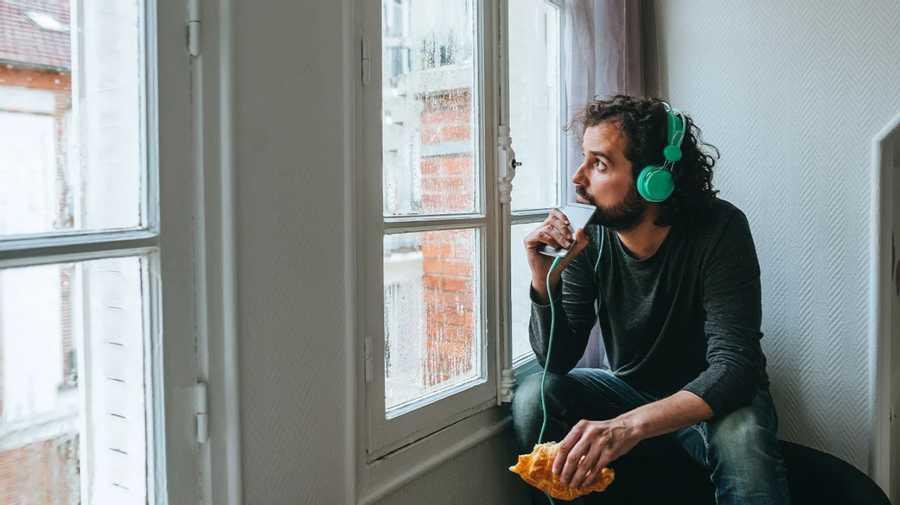Cabin Fever
Cabin fever is a kind of physiological uneasiness... a feeling of restlessness and irritability that happens when we are stuck indoors, or are confined to a small place with many others. The angsty restlessness was a shared experience of millions of people last year during the lockdown months.
11
115 reads
The idea is part of this collection:
Learn more about health with this collection
How to strengthen your willpower
How to overcome temptation and distractions
The role of motivation in willpower
Related collections
Similar ideas to Cabin Fever
Feeling stuck indoors
Cabin fever can be described as a feeling of restlessness and irritability when we are stuck indoors.
Confinement can frustrate what psychologists consider to be our three basic psychological needs:
- Autonomy (choosing what we do)
Social pain Vs Physical Pain
Why are our brains built in such a way that a broken heart can feel as painful as a broken leg?
When someone says, “He broke my heart,” we understand this as a metaphor. No one mistakes this for a medical emergency.
Physical and social pain seems as if they are worlds apart. Every tim...
Age and subjective time
Age is also a wealth-dependent factor in how we experience subjective time. A young person's eye will jiggle regularly to take in new stimuli. As a person ages, the eye muscles grow slower, and the brain receives less input. The brain also grows accustomed to a certain amount of ...
Read & Learn
20x Faster
without
deepstash
with
deepstash
with
deepstash
Personalized microlearning
—
100+ Learning Journeys
—
Access to 200,000+ ideas
—
Access to the mobile app
—
Unlimited idea saving
—
—
Unlimited history
—
—
Unlimited listening to ideas
—
—
Downloading & offline access
—
—
Supercharge your mind with one idea per day
Enter your email and spend 1 minute every day to learn something new.
I agree to receive email updates

